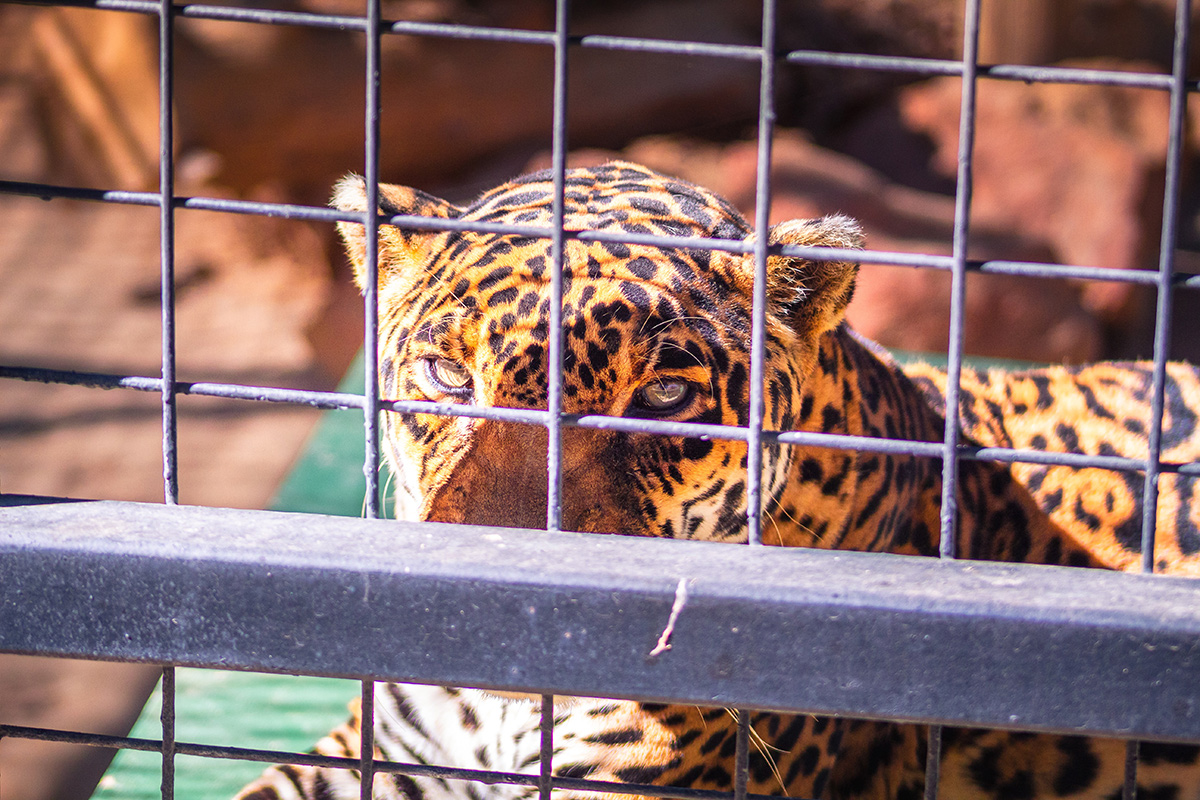Want to stop illegal wildlife trade? Be more like Malawi

As we have all become painfully aware, our lives can be brutally disrupted by animal-borne viruses like covid-19 that can sicken and kill people and devastate the global economy – in only seven months. We also know that the current pandemic is only the latest in a series of such wildlife-related diseases that are occurring more frequently and becoming more deadly.
While scientists are still trying to work out exactly how the coronavirus jumped from bats to people, it’s pretty likely the virus travelled through pangolins, the world’s most heavily trafficked mammal. These are now endangered everywhere they exist. And where do people interact with pangolins? Mostly through the illegal wildlife trade, involving transnational criminal syndicates making billions of dollars trafficking endangered wildlife.
It turns out the areas most threatened by wildlife trafficking are also areas at the highest risk for infectious disease emergence. While solutions revolving around banning wild meat markets and more tightly regulating the sale of wildlife might help in the long term, Malawi and other developing and emerging countries might be enacting a simpler and more immediate solution - putting wildlife poachers and traffickers in prison.
What is Malawi doing right?
In short, Malawi is beginning to hold wildlife traffickers more accountable for their actions by imposing deterrent custodial sentences for high-level offenders. Malawi just identified, investigated, arrested, tried, and sentenced a wildlife trafficking syndicate, including its kingpin, in less than a year. The convicted Chinese and Malawian traffickers were sentenced to a combined 56 years in prison in June 2020, and the Chinese criminals face deportation upon release. One reason their sentences are so long is that Malawi convicted them of financial crimes and conspiracy as well as wildlife trafficking. This is something that needs to happen systematically across all affected countries to deter organised crime.
And Malawi is not alone - some of its neighbours have increased penalties and enforcement for poachers and traffickers. In 2019 Tanzania convicted ivory trafficker Yang Feng Glan and two members of her criminal syndicate to 15 years each in prison, as well as a fine of double the ivory market value they were caught trafficking.
Meanwhile, in Vietnam a repeat trafficker had her prison sentence doubled on appeal to five years for trafficking king cobras, monitor lizards, turtles and other rare species earlier this year. Even better, in the same month a Vietnamese court sentenced a pangolin trafficker to 13 years in prison, a sentence practically unheard of in the West for wildlife trafficking. Often presented as the bad guy for their role in wildlife trafficking, even China has stepped up, in 2019 sentencing 11 traffickers between 6 and 15 years for trafficking ivory from Mozambique.
While many states in source countries are still struggling to address poaching and trafficking, particularly in the forestry and fishing sectors, the significant efforts to strengthen laws and enforce them are starting to reap benefits.
Do as I say, not as I do….
Europe and the US have worked for decades with governments in areas at high risk for wildlife crime in Africa and Asia to improve investigations and achieve meaningful convictions. But they have been less effective at home. In Western countries, laws and penalties are often weak or unenforced. Criminals too often get away with little or no jail time. Fines, where applied, are not commensurate with the value of the trade or the damage to wildlife and biodiversity. Sentencing has likely never taken into account the risks traffickers take in exposing others to pandemic disease.
Perhaps the most egregious example of punishment not fitting a crime comes from the UK. Earlier this year, a wildlife criminal received a two-year suspended sentence for trafficking USD 63 million in eels to China. Also this year, in Germany a Dutch bird trafficker caught with more than 70 exotic birds of various species poached from the wild received a fine of less than EUR 5,000.
The paltry fines and non-custodial sentences in many places make the two-year prison sentence a Vietnamese tiger trafficker operating in the Czech Republic received in 2019 seem more reasonable… until you learn that he was involved in a significant transnational tiger trafficking ring which included a tiger zoo that bred tigers for slaughter, a butchering facility where tigers were turned into gelatin to supply traditional medicine markets, and the transnational sales of skins, bones and claws. Investigators spent five years unravelling the network, three more years than the traffickers will spend in jail.
Australia and the US could also learn from Malawi.
In Australia, a repeat offender convicted of illegally importing and exporting wildlife was forced to pay about AUD 38,000 in fines for his second offence involving the trafficking of animals worth many times the fine. On his third conviction, he received a suspended sentence. Unsurprisingly the same individual was charged as recently as June 2020 with wildlife trafficking in a new case.
In the US, a rhino horn trafficker convicted for trafficking a horn at USD 50,000, and trying to sell 10 more horns worth at least that much each, received a one-year sentence. Another man in the US convicted of trafficking 1,000 box turtles to China worth around a million dollars paid fines and fees totaling USD 350,000 and received two years of probation.
So let’s practice what we preach, and start acting like Malawi
Very few countries have taken wildlife crime seriously, despite the threats to biodiversity and pandemic disease, or connections with serious transnational organised crime. Low-level offenders make up the bulk of arrests and convictions, while intermediaries, kingpins and corrupt officials enable them to go free. Far too often, convicted traffickers immediately re-offend, assured that the low fines and weak penalties will continue to simply be the “cost of doing business”.
Custodial sentences and fines that reflect the seriousness of the crime, including the monetary value of products trafficked and the associated risks to human health and biodiversity, serve as a deterrent to would-be criminals. That will save wild animals and help preserve our fast-diminishing biodiversity. And it may just help stop the next pandemic before it occurs.




